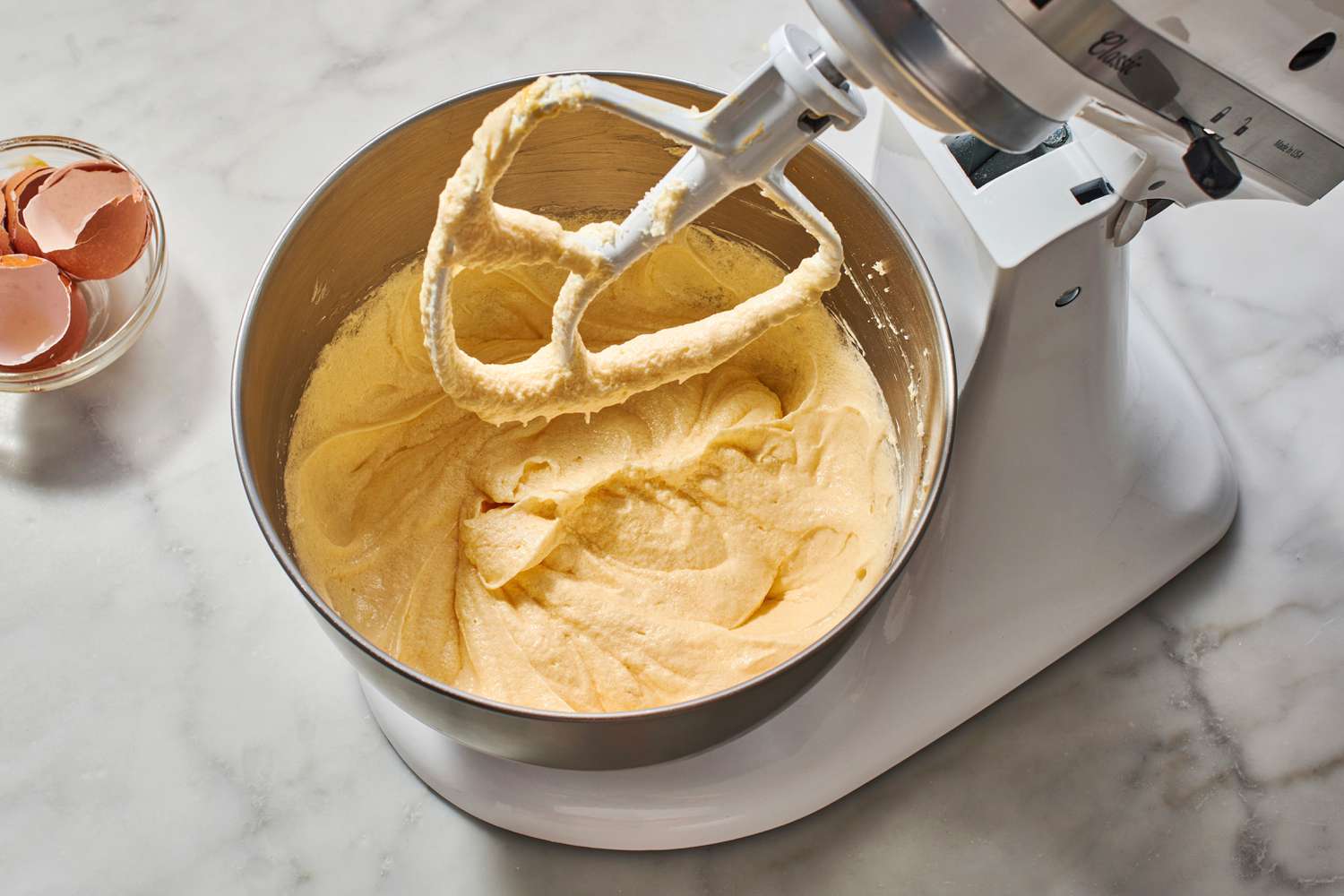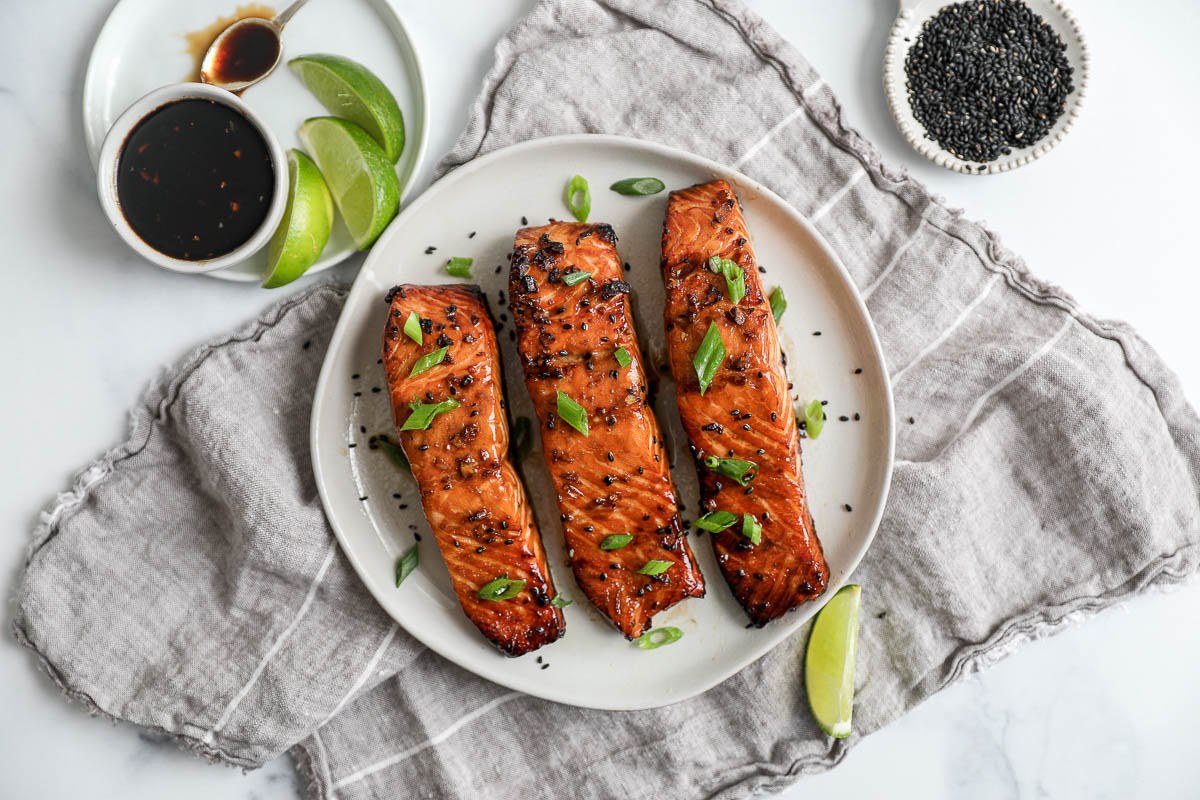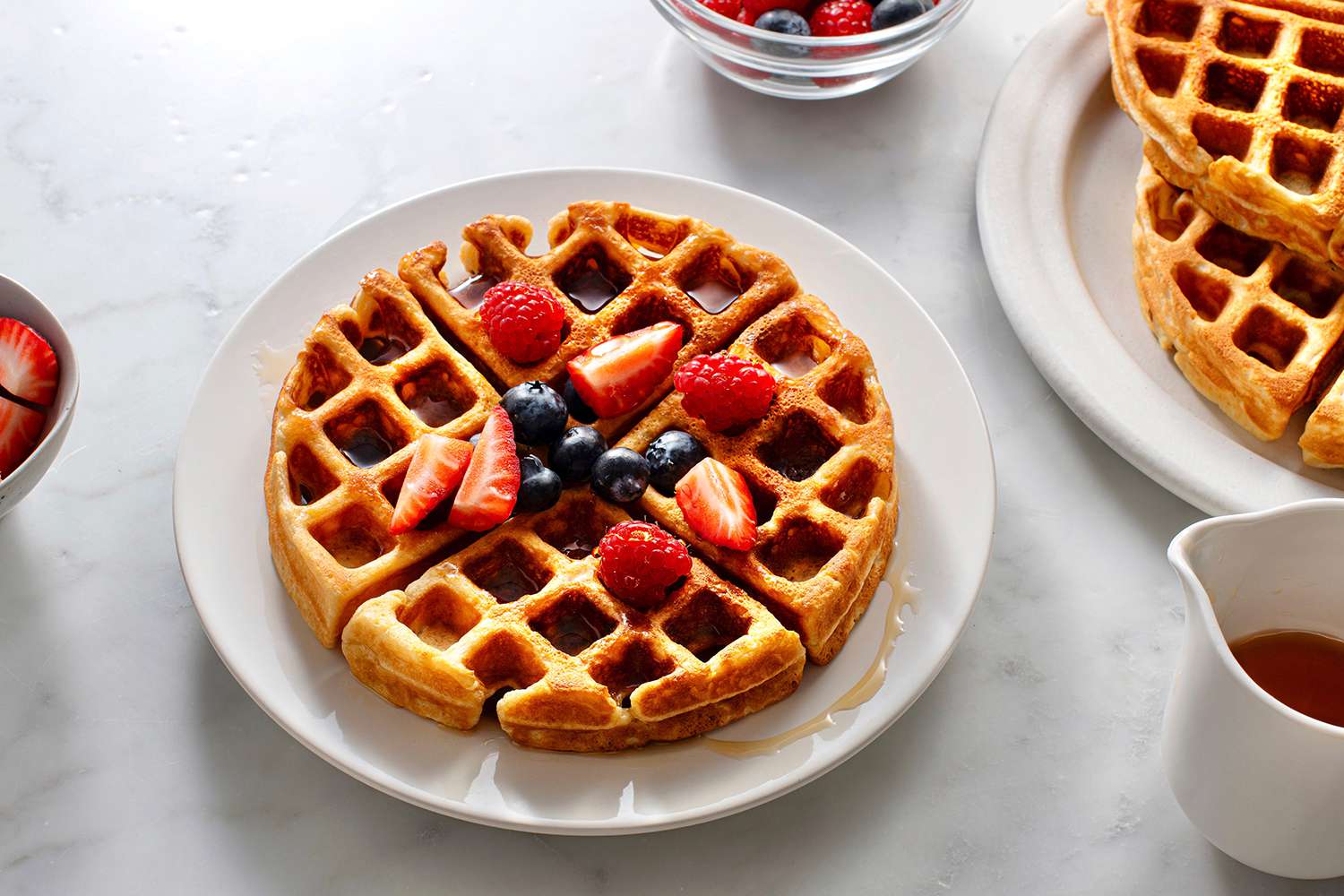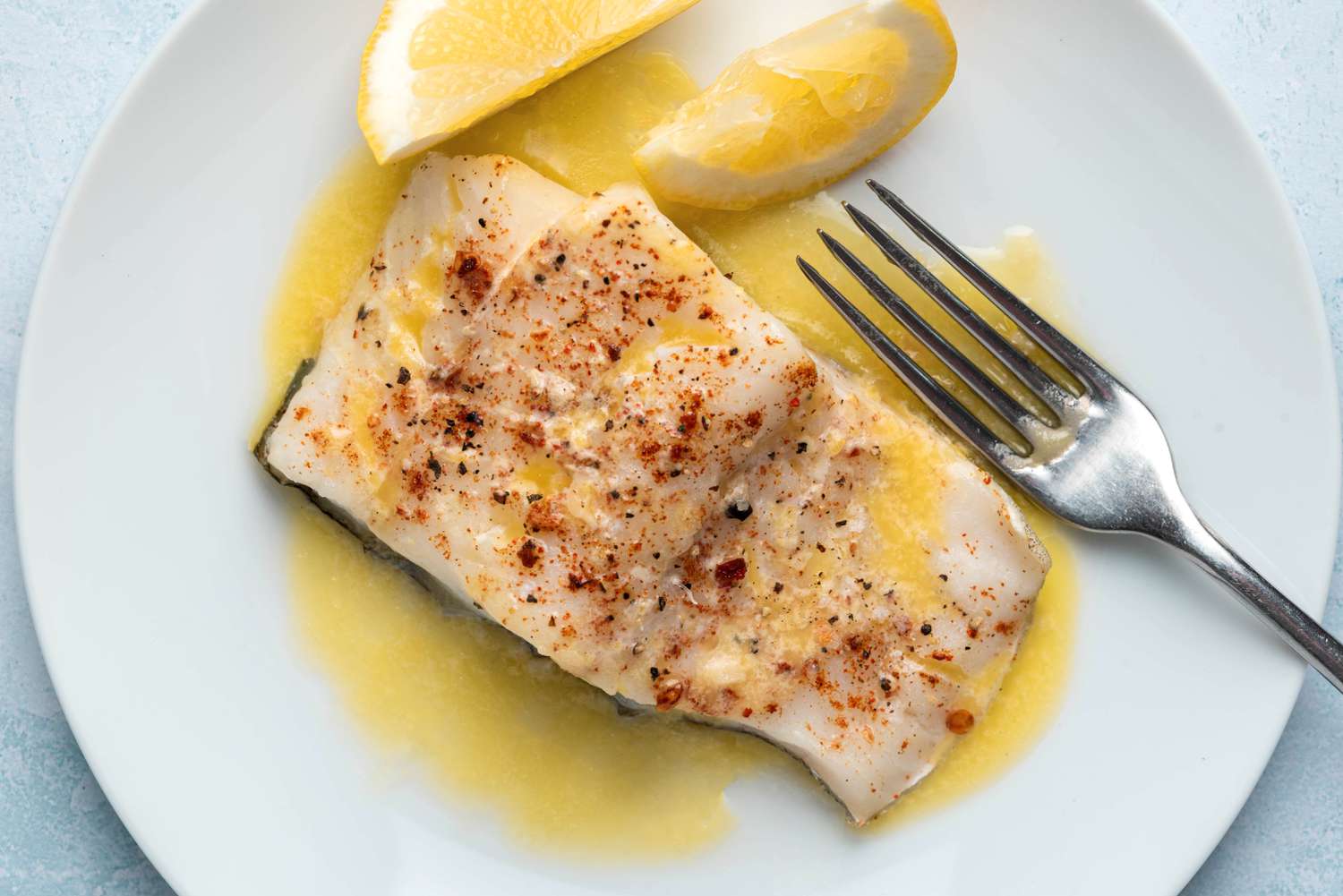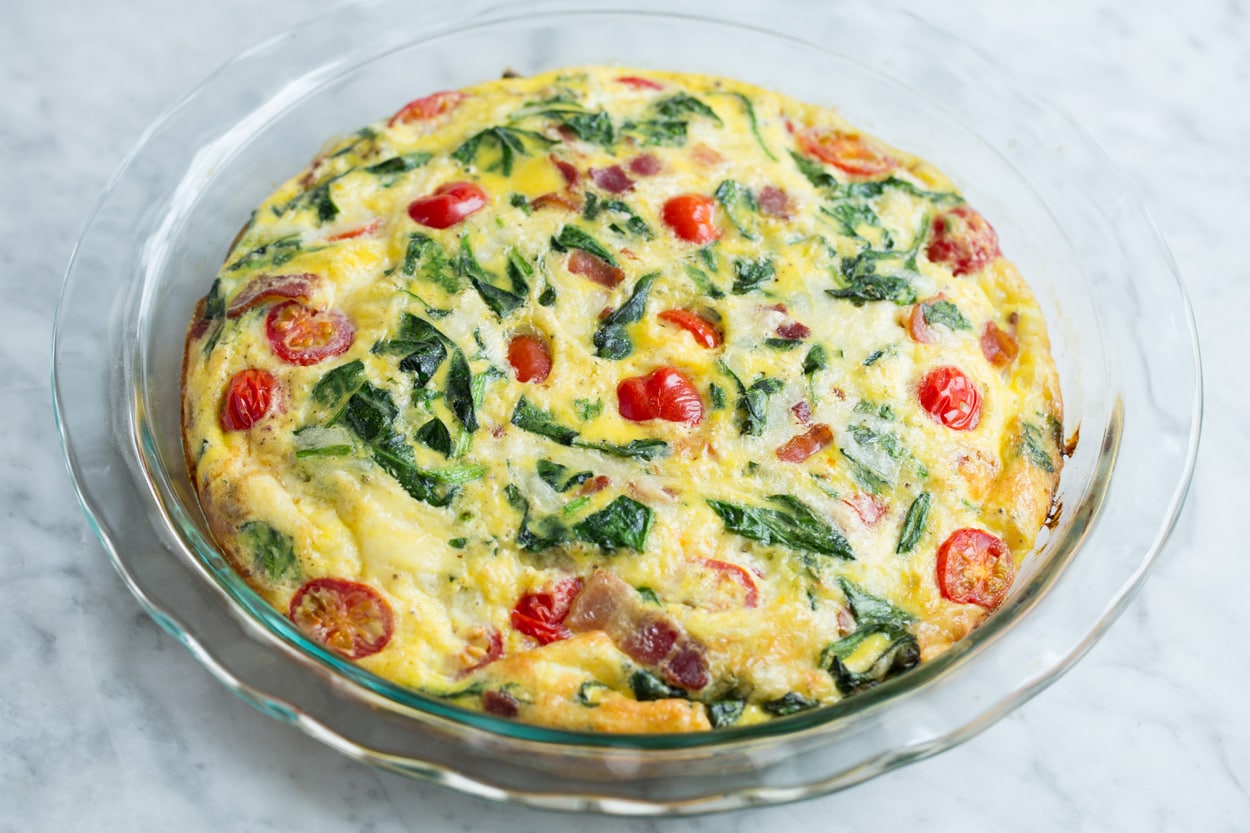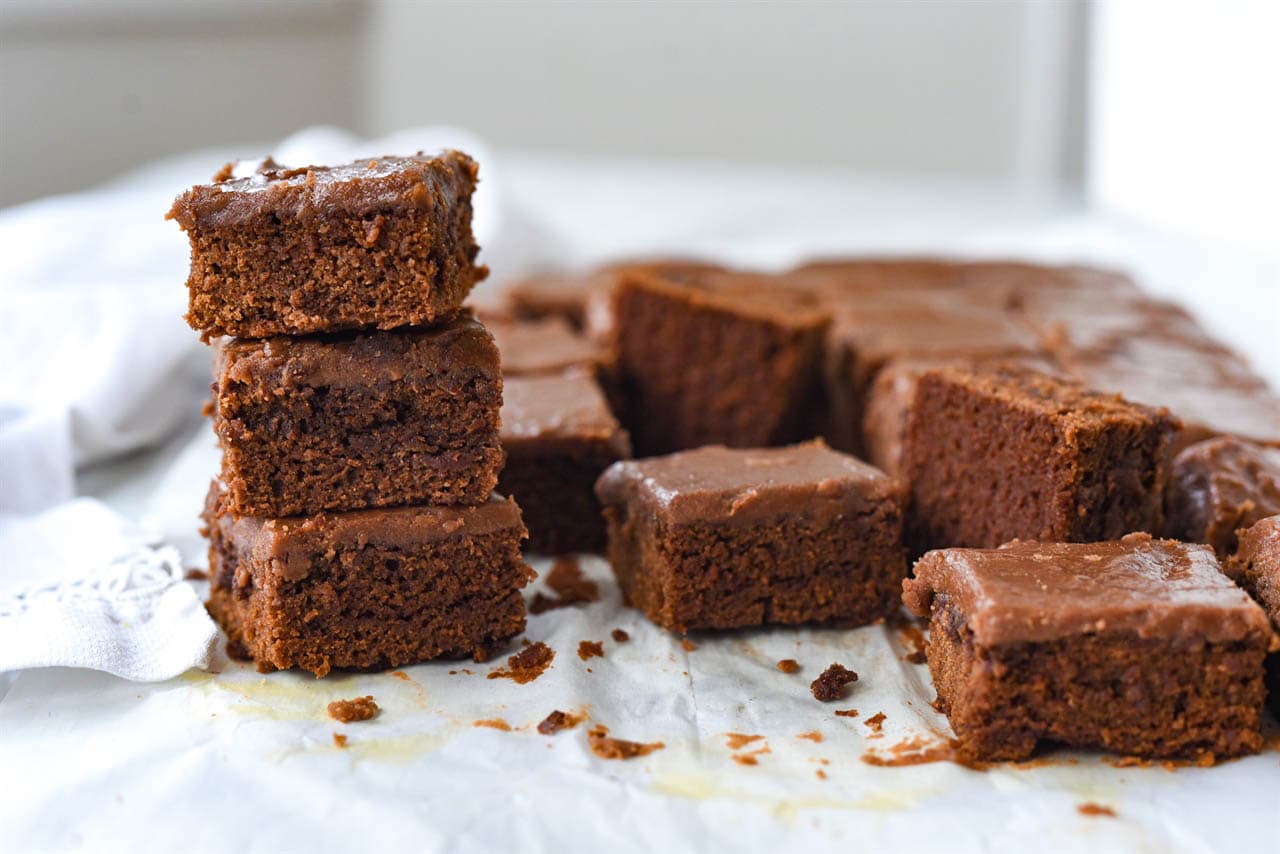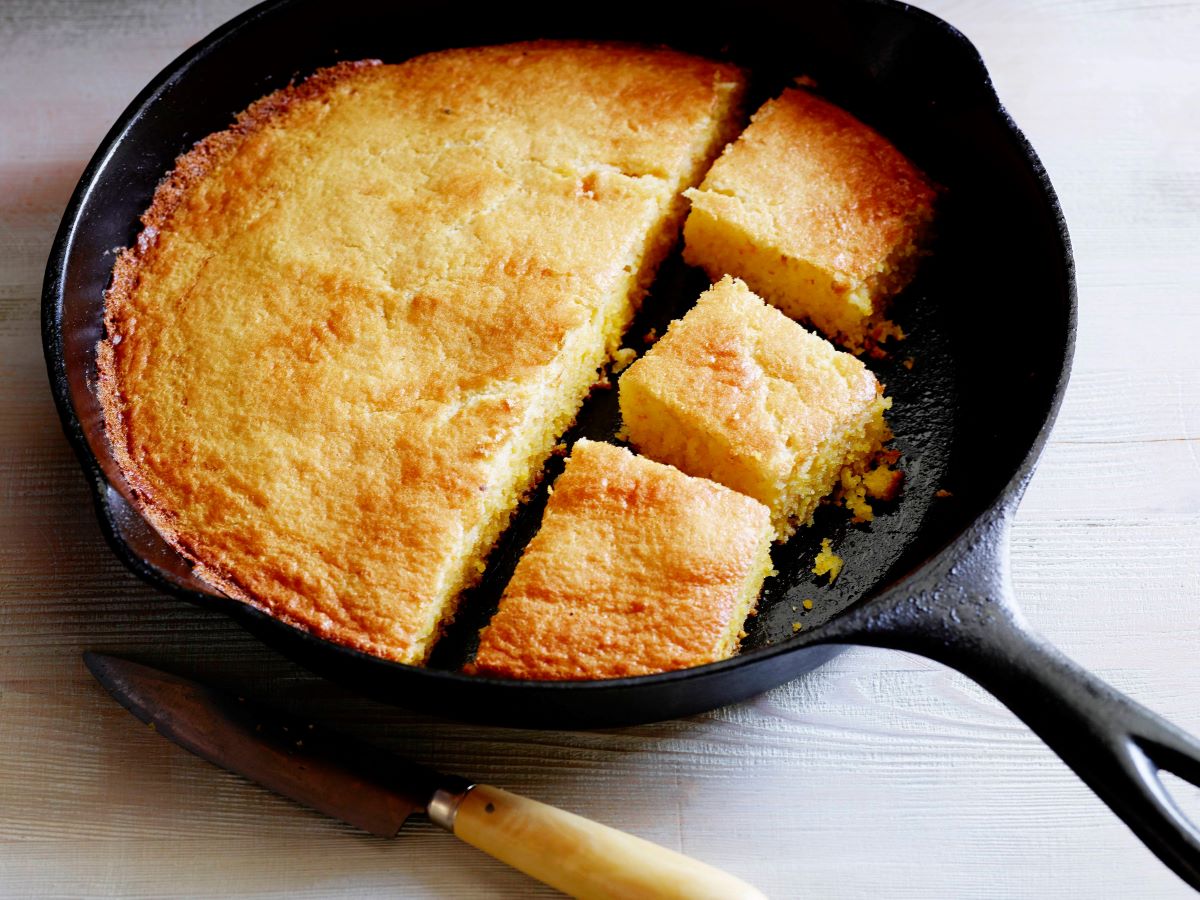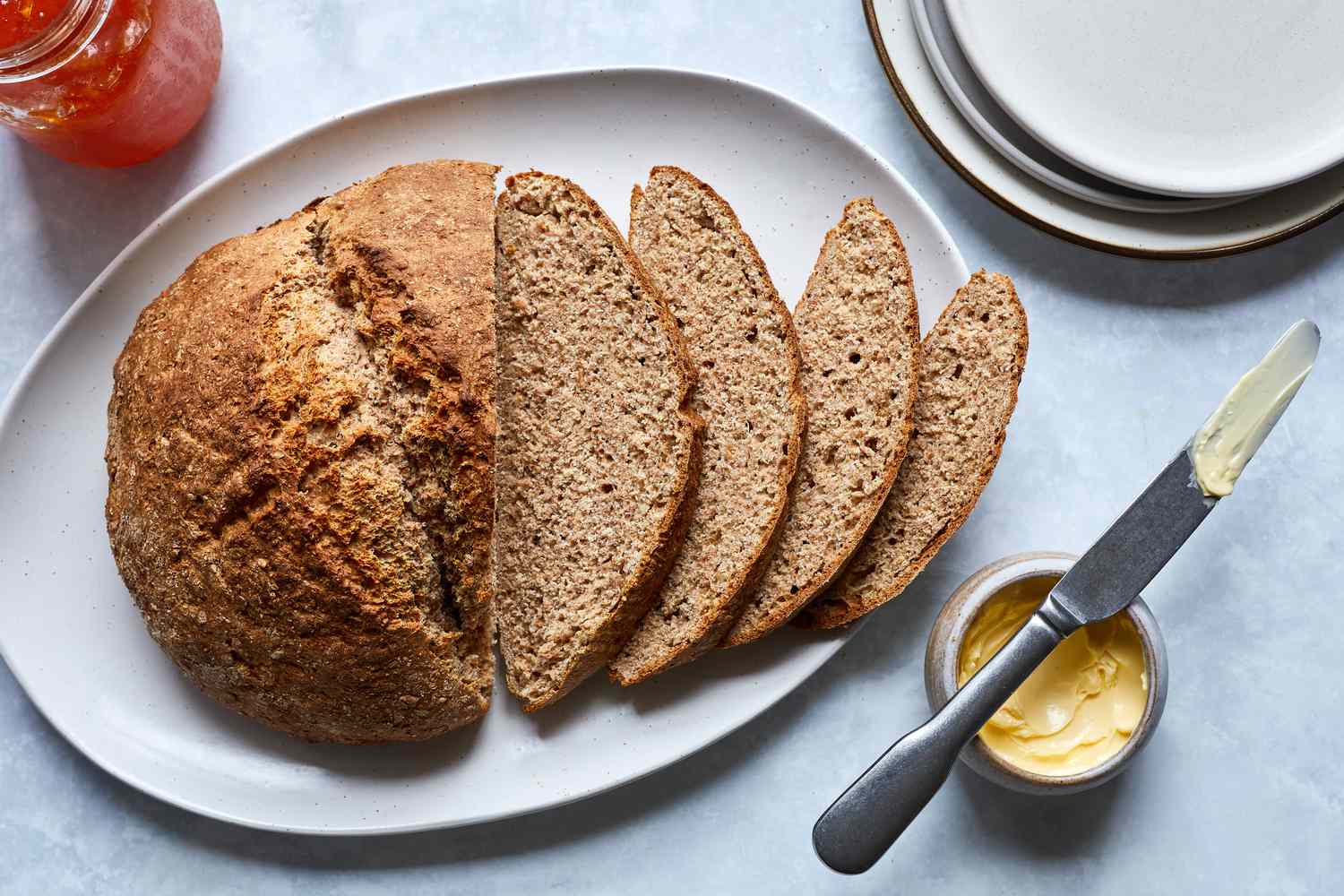Delicious and Easy Coconut Flour Bread Recipe Without Eggs
Are you looking for a delicious and healthy bread recipe that doesn’t require eggs? Look no further! This coconut flour bread is not only egg-free but also gluten-free, making it a perfect option for those with dietary restrictions or preferences. With just a few simple ingredients and easy steps, you can whip up a loaf of this flavorful bread to enjoy with your favorite spreads or as a side to your meals.
Ingredients:
- 1 cup coconut flour
- 1/4 cup melted coconut oil
- 1 teaspoon baking powder
- 1/2 teaspoon salt
- 1 cup non-dairy milk (such as almond milk or coconut milk)
- 1 tablespoon apple cider vinegar
- 3 tablespoons maple syrup (or sweetener of your choice)
Instructions:
- Preheat your oven to 350°F (175°C) and grease a loaf pan with coconut oil.
- In a large bowl, whisk together the coconut flour, baking powder, and salt.
- In a separate bowl, mix the non-dairy milk, melted coconut oil, apple cider vinegar, and maple syrup.
- Pour the wet ingredients into the dry ingredients and stir until well combined. The mixture will be thick.
- Transfer the batter into the greased loaf pan and smooth out the top with a spatula.
- Bake for 45-50 minutes, or until the top is golden brown and a toothpick inserted into the center comes out clean.
- Allow the bread to cool in the pan for 10 minutes, then transfer it to a wire rack to cool completely before slicing.
This coconut flour bread is perfect for toasting, making sandwiches, or enjoying on its own. It’s packed with coconut flavor and has a moist, tender crumb that will satisfy your bread cravings without the need for eggs.
Whether you follow a vegan lifestyle, have an egg allergy, or simply want to try a new and nutritious bread recipe, this coconut flour bread is a must-try. With its simple preparation and delightful taste, it’s sure to become a staple in your baking repertoire. Give it a try and enjoy a slice of homemade goodness!
So, next time you’re in the mood for a delicious and healthy bread that doesn’t require eggs, remember this coconut flour bread recipe. It’s a wonderful option for anyone looking to enjoy a flavorful and satisfying loaf without the use of eggs. Happy baking!
Was this page helpful?
Read Next: How To Bake With Frozen Raspberries
